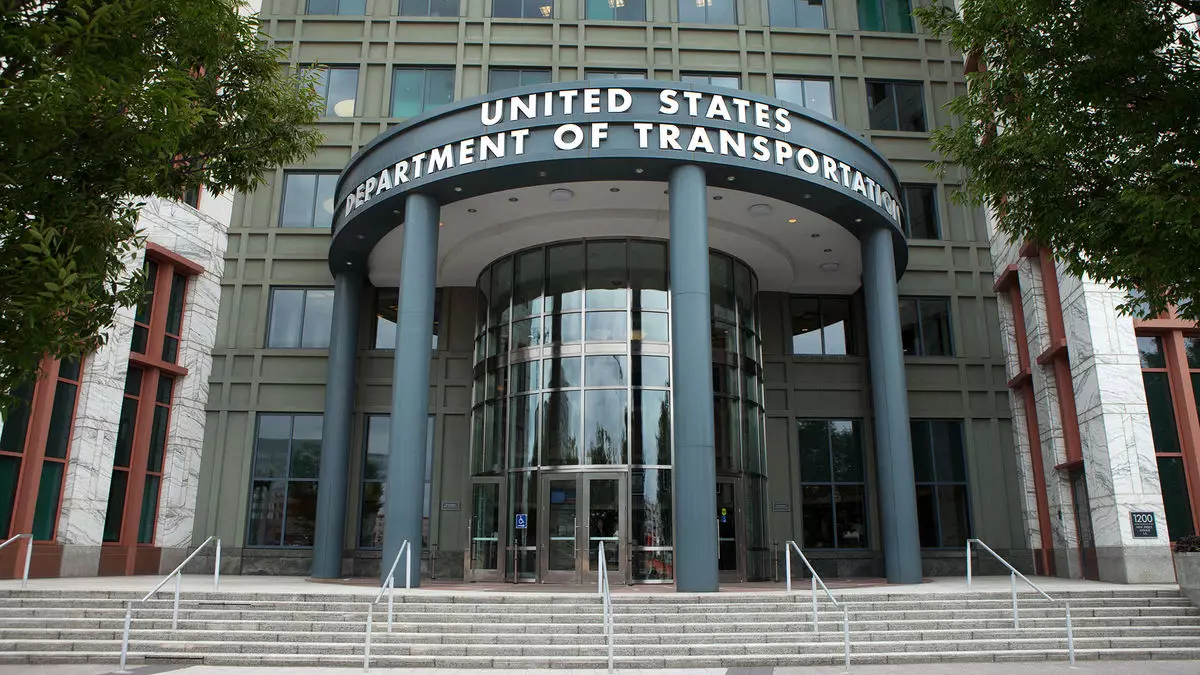Recent changes to refund requirements by the Department of Transportation have sparked backlash from airlines. The Airlines for America (A4A) trade group has strongly criticized the new rules, claiming they will lead to increased costs for air travel. A4A argues that these regulations will result in confusion for consumers, limited choices, and reduced competition, ultimately driving up prices.
One of the primary issues at the heart of this dispute is the lack of a clear definition of a “significant delay” by the DOT. The new regulations specify that domestic flights delayed by more than three hours and international flights delayed by more than six hours will trigger a refund requirement. This clarity aims to ensure that passengers are fairly compensated for substantial delays in their travel plans.
A4A has pointed out the shortage of certified professional controllers as a contributing factor to flight delays. They believe that the DOT should prioritize hiring and training initiatives to address this issue and enhance the efficiency of air travel. By assigning blame to the DOT for delays, airlines are attempting to shift the focus away from the impact of these delays on passengers.
Under the new regulations, airline customers will be entitled to refunds in various situations. These include changes to the arrival or departure airport, the addition of a connection point to the itinerary, being downgraded to a lower seating class, and downgraded plane amenities due to an aircraft change. Carriers will also be required to proactively inform passengers of their refund entitlements, preventing them from issuing credits without the passengers’ knowledge.
The conflict between airlines and the Department of Transportation highlights the ongoing struggle to balance consumer rights with industry regulations. While airlines argue that the new refund requirements will be detrimental to air travel, the DOT aims to protect passengers’ interests and ensure fair treatment in cases of flight cancellations or significant delays. As these regulations come into effect, the impact on air travel costs, consumer choices, and competition within the industry remains to be seen. The battle between airlines and the DOT underscores the complexities of regulating the airline industry and the challenges of meeting the needs of both businesses and passengers.


Leave a Reply